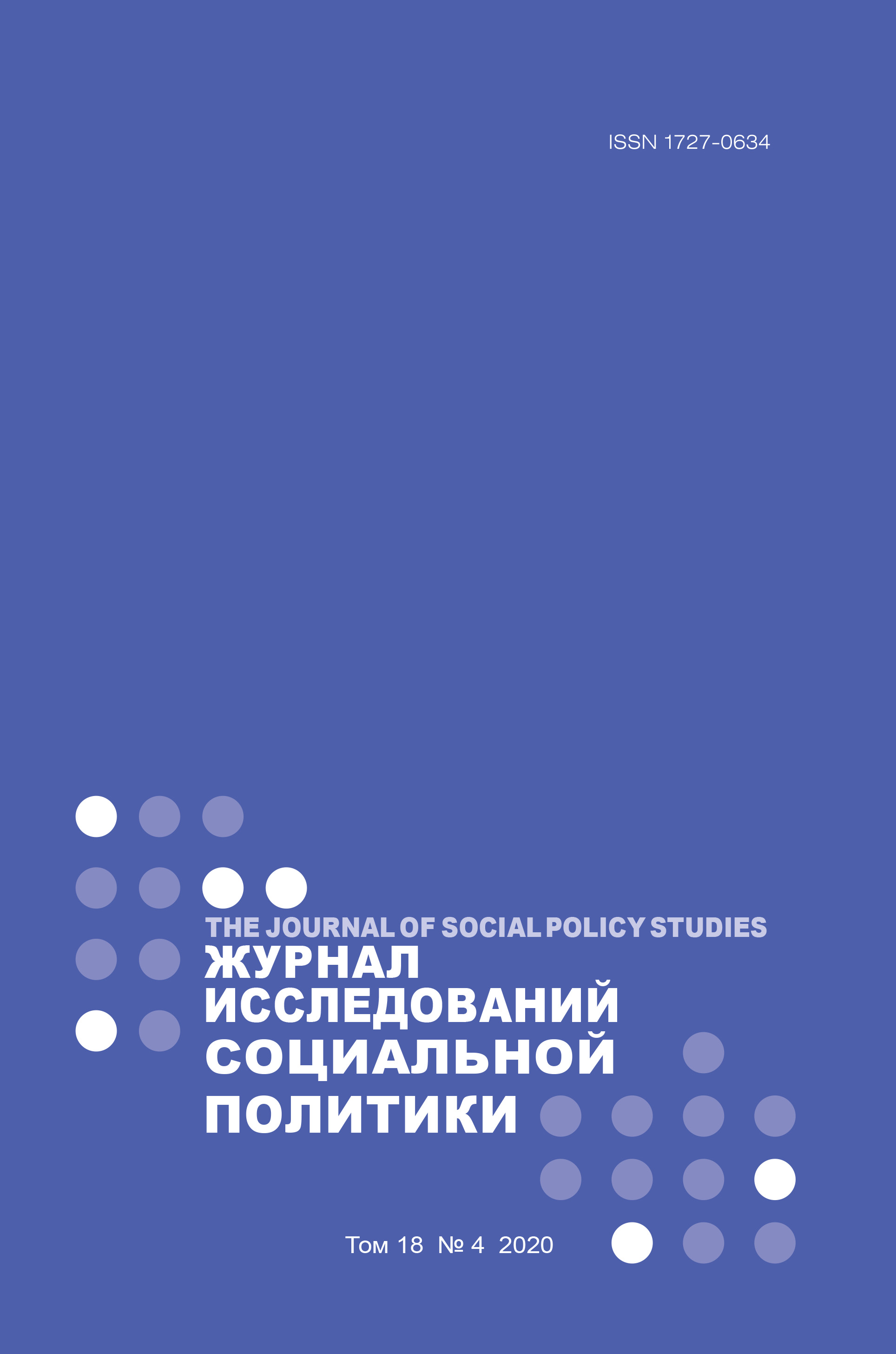The Academic Community and 'Humanitarian' Forensic Expertise on Extremism in Modern Russia
Abstract
In the late 1990s and early 2000s, democratically-minded scientists built the institutional framework for forensic expertise in the humanities and contributed to setting the boundaries of freedom of speech, actively cooperating in this with law enforcement agencies. This was due to the idea of these experts about the danger of 'Russian fascism' (neo-Nazism) and about the required civic stance of a scientist. In this, democratic science sided with the state in its disputes with conservative-nationalist circles, often clashing in courts with conservative academics who defended nationalist views in the courts. As a result, at this time, the institution of special forensic examination was formed as a whole and research methods appeared, which were based on the experience of conducting such examinations. In the second half of the 2000s, the institution of expertise was intercepted by representatives of conservative science with the active participation of the state. Apparently, it was no coincidence that this coincided with the emergence of special anti-extremist legislation, which began to actively narrow the space for freedom of speech. As a result, part of the academic community not only participated in the application of anti-extremist legislation, but also contributed to its scientific legitimation. Then the parties actually changed places: if in the first period representatives of the democratic community were on the side of the accusation, now in the new conditions they are on the side of the defense against representatives of conservative science who actively support the position of the state. Thus, the article focuses on this interception of the institution of special forensic expertise, initially created in cooperation between civil society, the academic community ('provincial science') and the state, and handing it over to political opponents in 'native science'.















